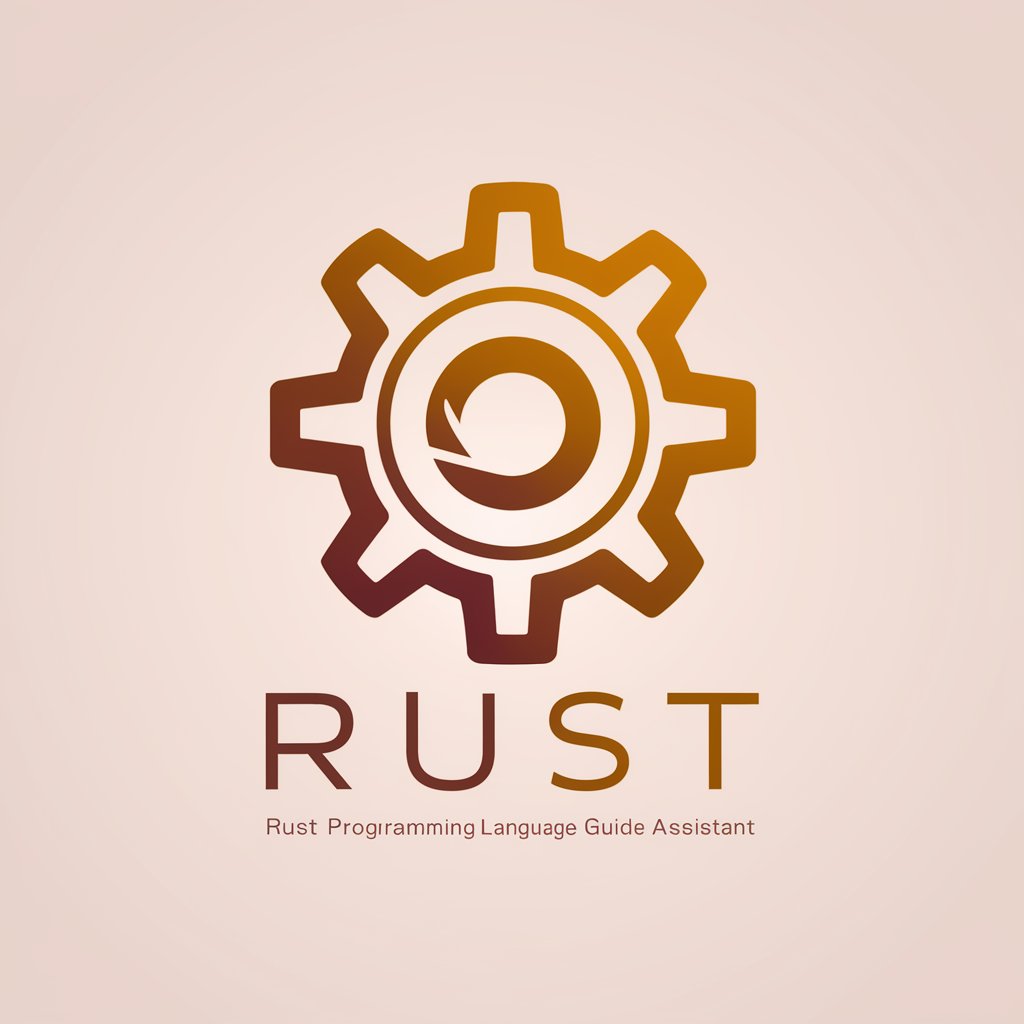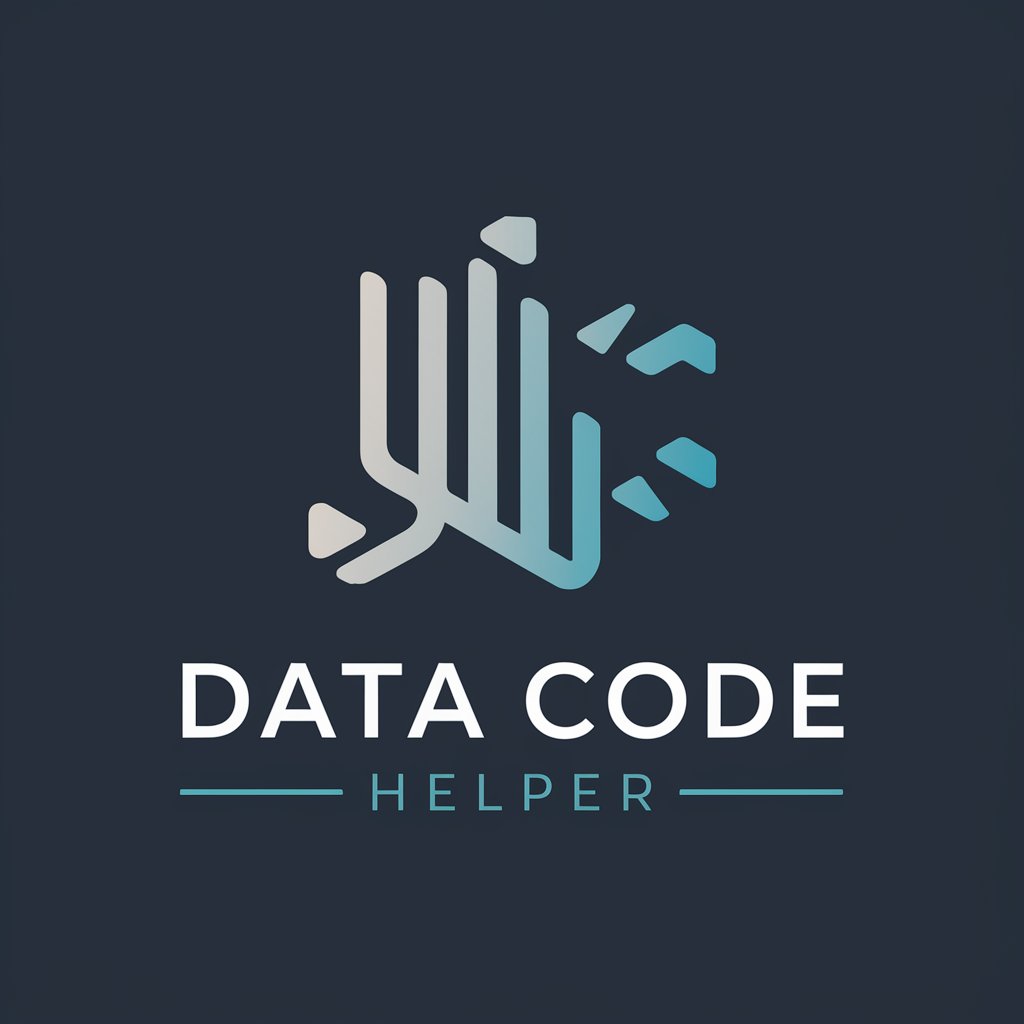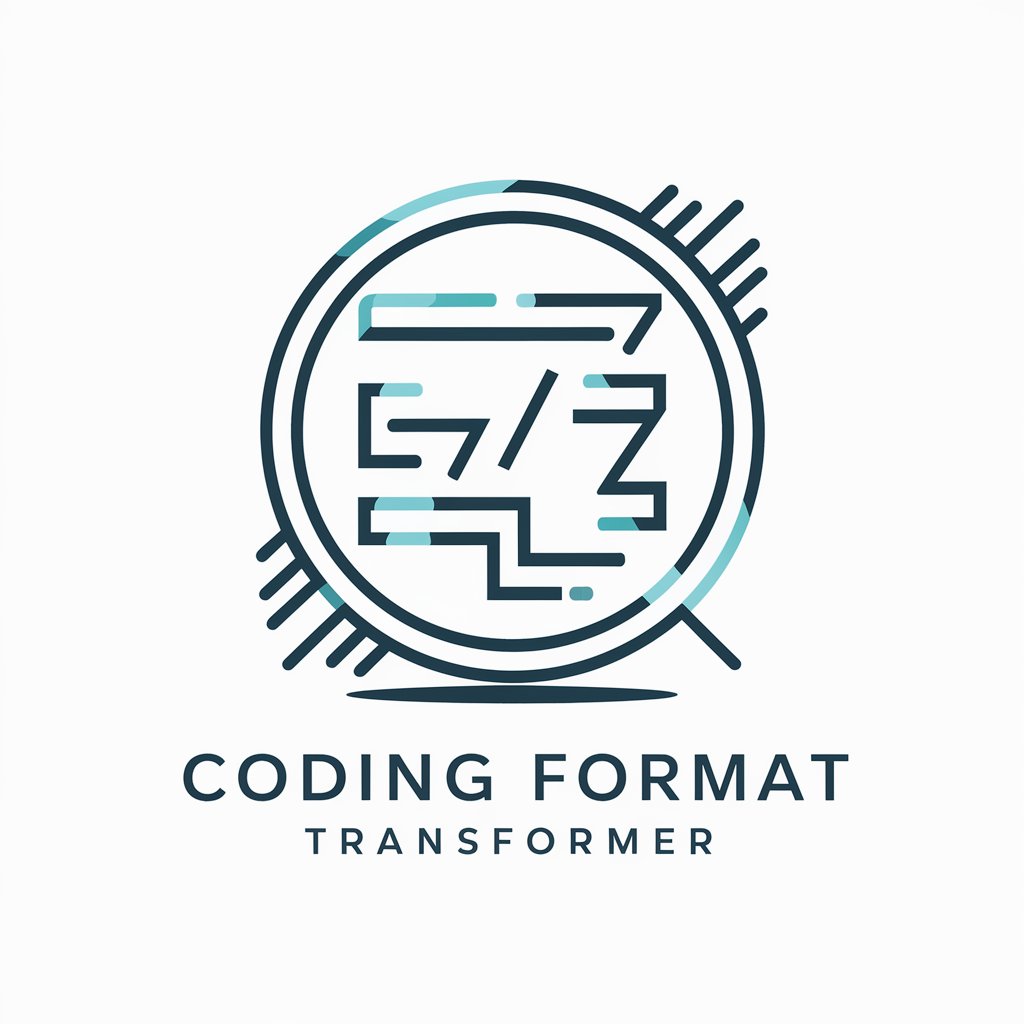
Rusty - AI tool for comprehensive Rust programming assistance.

Welcome! Let's dive into Rust programming together.
Empowering Rust programmers with AI-driven insights.
Explain how to use lifetimes in Rust...
What are the key differences between borrowing and ownership in Rust?
Describe how to handle errors using the Result and Option types in Rust.
How do you implement traits in Rust?
Get Embed Code
Introduction to Rusty
Rusty is a sophisticated chatbot designed to provide comprehensive information and assistance related to the Rust programming language. Rusty's primary functions include explaining Rust concepts, syntax, and best practices, as well as assisting users in understanding and resolving issues encountered during Rust development. Rusty is built to cater to experienced programmers who are learning or working with Rust, offering detailed explanations, code examples, and guidance to help them become proficient in the language. Powered by ChatGPT-4o。

Main Functions of Rusty
Explanation of Rust Concepts
Example
Rusty can provide detailed explanations of Rust concepts such as ownership, borrowing, lifetimes, and pattern matching.
Scenario
For example, if a user is struggling to understand how ownership works in Rust, Rusty can explain the concept using clear language and relevant code snippets, helping the user grasp the concept effectively.
Syntax Assistance
Example
Rusty can help users understand Rust syntax, including its unique features such as match expressions, enums, and traits.
Scenario
For instance, if a programmer is unsure about the syntax for defining and using enums in Rust, Rusty can provide clear examples and explanations to clarify the syntax and usage.
Error Diagnosis and Troubleshooting
Example
Rusty can assist users in diagnosing and troubleshooting errors encountered during Rust development, providing insights into common pitfalls and suggesting solutions.
Scenario
In a scenario where a programmer encounters a cryptic error message while compiling Rust code, Rusty can analyze the error message, identify the root cause of the issue, and offer guidance on how to fix it, helping the programmer resolve the problem efficiently.
Best Practices and Optimization Techniques
Example
Rusty can share best practices and optimization techniques for writing efficient and idiomatic Rust code, including memory management strategies, concurrency patterns, and performance optimization tips.
Scenario
For example, if a developer wants to optimize their Rust code for performance, Rusty can recommend using iterators instead of loops for iterating over collections, as iterators offer better performance and readability in Rust.
Ideal Users of Rusty Services
Experienced Programmers Learning Rust
Experienced programmers who are transitioning to Rust or expanding their skills in the language can benefit from Rusty's services. These users may already have experience with other programming languages and are seeking in-depth explanations, guidance, and assistance specific to Rust. Rusty helps them understand Rust's unique concepts, syntax, and best practices, enabling them to write robust, efficient code in Rust.
Rust Developers Facing Challenges
Rust developers encountering challenges or errors during development can turn to Rusty for assistance. Whether it's diagnosing cryptic error messages, optimizing code for performance, or understanding complex language features, Rusty provides valuable insights and solutions to help developers overcome obstacles and improve their productivity.
Programming Teams Adopting Rust
Teams and organizations adopting Rust for new projects or migrating existing codebases can leverage Rusty's services to facilitate the learning curve and ensure smooth adoption of the language. Rusty serves as a knowledge repository and a mentor, guiding team members through Rust's concepts, best practices, and troubleshooting techniques, ultimately accelerating the team's proficiency in Rust development.

How to Use Rusty
Visit yeschat.ai for a free trial without login, also no need for ChatGPT Plus.
Navigate to yeschat.ai and access Rusty without the need for any login credentials or ChatGPT Plus subscription.
Access Rusty from the menu or by typing in the chat window.
Find Rusty either by accessing it directly from the menu or by typing your queries into the chat window.
Ask questions or seek guidance on Rust programming language.
You can ask Rusty any questions related to Rust programming language, syntax, concepts, or best practices.
Engage in interactive learning and discussion.
Utilize Rusty for interactive learning sessions, discussions, and problem-solving related to Rust programming.
Explore additional resources and tips for mastering Rust.
Discover additional resources, tips, and tricks for mastering Rust programming language with Rusty's guidance.
Try other advanced and practical GPTs
English Text Corrector
Elevate Your Writing with AI-Powered Corrections

Gramarly
Revolutionize Writing with AI

Data Code Helper
Empowering your data journey with AI

Coding Format Transformer
Transform problem statements with AI

cupcake v0 game 1: biggest bag
Delightful price comparison game with AI rewards.

HTG Apparel Decoration Specialist
Empowering Apparel Projects with AI

DowJones Stocks Pro
Empower Your Investments with AI Insights

Storyboard Architect
Unleash AI creativity in storytelling.

Python Snippet Guru
Instant Python code snippets powered by AI.

HackerGPT
Empowering ethical hackers with AI insights.

National Electrical Code Expert
Unlock NEC expertise with AI power.

🫂Skool Community Assistant🤖
Empowering Communities with AI Guidance

Q&A about Rusty
What are the key features of Rusty?
Rusty provides in-depth explanations, guidance, and assistance on various aspects of Rust programming language. It offers comprehensive answers to questions, interactive learning sessions, and access to additional resources for mastering Rust.
How accurate are the responses provided by Rusty?
Rusty's responses are generated based on vast training data and advanced natural language processing algorithms. While it strives for accuracy, users should always verify critical information and consult official Rust documentation for complex queries.
Can Rusty help with debugging Rust code?
Yes, Rusty can assist with debugging Rust code by providing insights into common errors, suggesting troubleshooting steps, and offering best practices for writing clean and efficient Rust code.
Is Rusty suitable for beginners learning Rust programming language?
Absolutely, Rusty is an excellent resource for beginners learning Rust programming language. It offers detailed explanations of Rust concepts, syntax, and best practices, along with interactive learning sessions tailored to beginners' needs.
How does Rusty stay up-to-date with the latest developments in Rust programming?
Rusty's AI models are regularly updated with the latest information and developments in the Rust programming language. It continuously learns from new data sources, community feedback, and official Rust documentation to ensure its responses remain accurate and relevant.